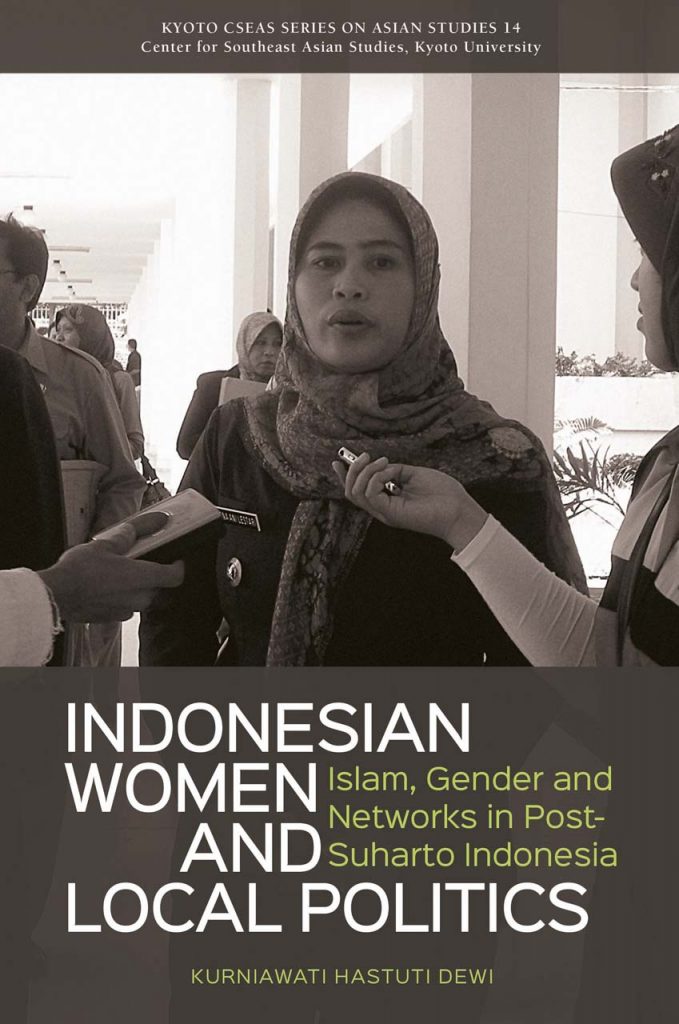In an important social change, female Muslim political leaders in Java have enjoyed considerable success in direct local elections following the fall of Suharto in Indonesia. Indonesian Women and Local Politics shows that Islam, gender, and social networks have been decisive in their political victories. Islamic ideas concerning female leadership provide a strong religious foundation for their political campaigns. However, their approach to women’s issues shows that female leaders do not necessarily adopt a woman’s perspectives when formulating policies. This new trend of Muslim women in politics will continue to shape the growth and direction of democratization in local politics in post-Suharto Indonesia and will color future discourse on gender, politics, and Islam in contemporary Southeast Asia.
Contents
List of Map
List of Figures
List of Tables
List of Graphs
Abbreviations
Acknowledgements
1. Introduction
2. Impact of Islamization and Democratization in Expanding Indonesian Women’s Roles in Politics
3. The Normative Expectation of Javanese Muslim Women and Islamic Perspectives on Female Leadership
4. Rustriningsih: Advantage of Familial Ties, Ability to Embrace Islamic Piety and Using Gender to Expand a Political Base
5. Siti Qomariyah: Using Islamic Piety and Gender and Securing Nahdlatul Ulama’s Socio-political Base
6. Ratna Ani Lestari: Holding on to Familial Ties, Manipulating Islamic Piety and Using Gender to Attract Wider Support
7. Comparative Analysis and Conclusion
Appendix
Glossary
Bibliography
Index
